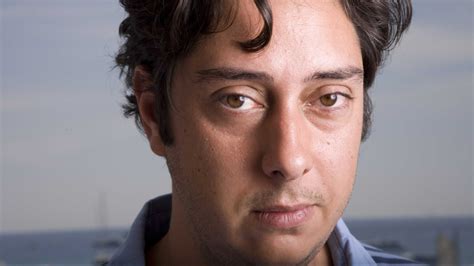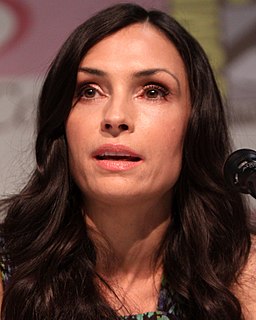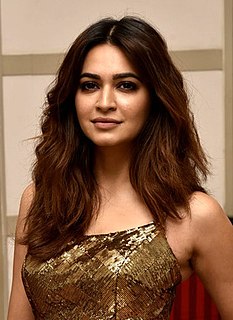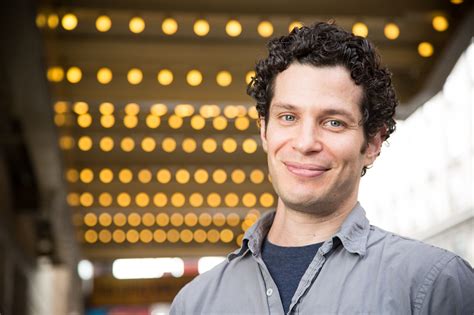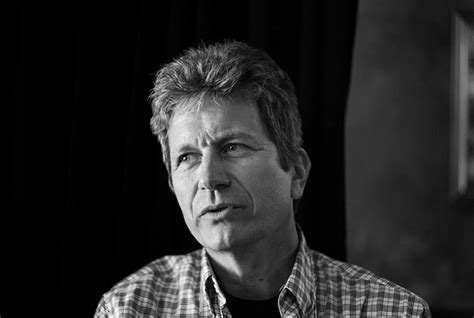A Quote by Gurinder Chadha
If you want to be a director, work with writers and find different ways of telling stories with film, then do a course. This way you can consolidate what you've learnt and use the course to go further.
Related Quotes
So we didn't get the denominations and the separate congregations really till about into Civil War time. What's happened then, of course, is now that we've had well over 100 years of this history to establish separate cultures, different ways of worshipping, and different ways of understanding theology so that when people try to come together makes it very difficult. And then, of course, social networks, you know, how do we find a place to worship?
With a director it's all about the work; I'd work with a great director over - you know, I'm not the kind of actor who that doesn't go, 'I want to play this role.' It's more like, 'I want to work with this director,' regardless of what the role is because if it's a good director, you'll probably find a good role because it's a decent film. But a mediocre director will always make a mediocre movie.
There are so many movies like this, where you thought you were smarter than the screen but the director was smarter than you, of course he's the one, of course it was a dream, of course she's dead, of course, it's hidden right there, of course it's the truth and you in your seat have failed to notice in the dark.
Sometime during the 1990s, when I was teaching philosophy at UCSD, my friend, colleague, and music teacher, Carol Plantamura, discussed the possibility of teaching a course together looking at ways in which various literary works (plays, stories, novels) had been treated as operas, and how different themes emerged in the opera and in its original. One of the pairings we planned to use was Mann's great novella and Britten's opera. Unfortunately, the course was never taught, but the idea remained with me.
There are lots of different ways that algorithms can go wrong, and what we have now is a system in which we assume because it's shiny new technology with a mathematical aura that it's perfect and it doesn't require further vetting. Of course, we never have that assumption with other kinds of technology.
One of the challenges of being a director is often you don't get to work with your peers. You know, writers can write together, and as a director you get to work with so many wonderful actors and writers and designers. But it's pretty rare that you get a chance to partner in that way with another director.



